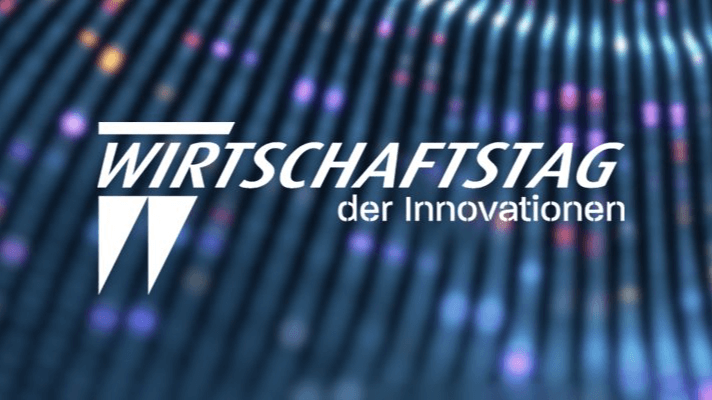New: Flexible service plans for Myra WAF. Learn more!
Home>
#WTI21: Cybersecurity is the new Made in Germany
#WTI21: Cybersecurity is the new Made in Germany
EVENTS | 15 June 2021
The head of the BSI, Arne Schönbohm, and Myra CEO Paul Kaffsack joined Timo Kob (HiSolutions) and Axel Deininger (secunet) on the #WTI21 cybersecurity panel to discuss Germany’s key IT security challenges. The bottom line: strong technology, many “hidden champions,” and the highest standards of quality will ensure that cybersecurity becomes the new Made in Germany. But there is much to be done to make Germany the world champion.


At the Economic Council’s Day of Innovations held virtually on June 10, leaders from business, politics, and academia came together to discuss the challenges surrounding the reconciliation of digitalization, sustainability, and the social market economy in the context of innovative impulses, top-level talks, and panel discussions.
Germany has what it takes to become a global driver of technology in IT security
At the main panel in the afternoon, the head of the BSI, Arne Schönbohm, and Myra CEO Paul Kaffsack joined Timo Kob (HiSolutions) and Axel Deininger (secunet) on the topic of “Security by design: cybersecurity as a driver of innovation for Germany.”
Anyone looking for innovative cybersecurity does not have to travel to Israel or the USA – Germany has this expertise locally, according to Arne Schönbohm, who is heavily involved in international innovations in cybersecurity. In some areas, such as high security certification, Germany is even a leader on the international stage.
Cybersecurity law is a locational advantage and Germany is a main driver of regulation and standardization in a field with many imitators around the world. Axel Deininger, Timo Kob, and Paul Kaffsack agreed that strict rules keep quality high and that this is a clear competitive advantage for German security providers.
Myra CEO Paul Kaffsack spoke of a core strength of European companies: “In Germany, we have great technologies, the necessary trust and, above all, an understanding of what makes European companies tick. We can respond much better to the regulatory requirements than overseas providers, who often struggle with data protection and the like.”
Good technology needs willing investors
There is still a lot to be done to establish Germany as a global market leader for security technology because good technology alone is not enough. This is where business and government are called upon in equal measure.
A key issue is procurement. According to Timo Kob, “Everyone talks about digital sovereignty and the need to provide cybersecurity at home instead of buying it overseas. This must however be followed by action.” Companies and government institutions should therefore give German security companies a chance to prove themselves, even if they are still relatively new to the game. Paul Kaffsack says, “A purchase order is better for a fledgling company than bureaucratic government funding.”
Schönbohm also sees a primary task in bringing together the large DAX companies with the hidden champions from cybersecurity to speed up innovation. The key to rethinking business to take risks for greater innovation is to have a different perspective: “Information security is not a cost factor, but the enabler of successful digitalization,” says Schönbohm.
Strong marketing is needed on the international stage
As is so often the case, marketing is also an issue. Germany comes up with good technology, but other countries sell it better and thus attract more investors, even if the technology does not stand up to direct comparison. As a brand, Germany must position itself much more strongly internationally and advertise itself. The goal should be for delegations to come to Silicon Saxony, Berlin, Hamburg, and Bonn to see what German companies have accomplished, according to Schönbohm. Paul Kaffsack on this: “We need to focus much more media attention on European players in Germany. That would make the companies attractive to German customers and inspire startups to set up business here in Europe.” His appeal is clearly directed at the media, policymakers, and the business community.
A general theme that ran through the panel was awareness. Awareness of the issue of cybersecurity among the general public and the business community alike. Awareness of the fact that excellence is not found overseas, but on our own doorstep. And to be successful, we need to create more global awareness for cybersecurity Made in Germany.